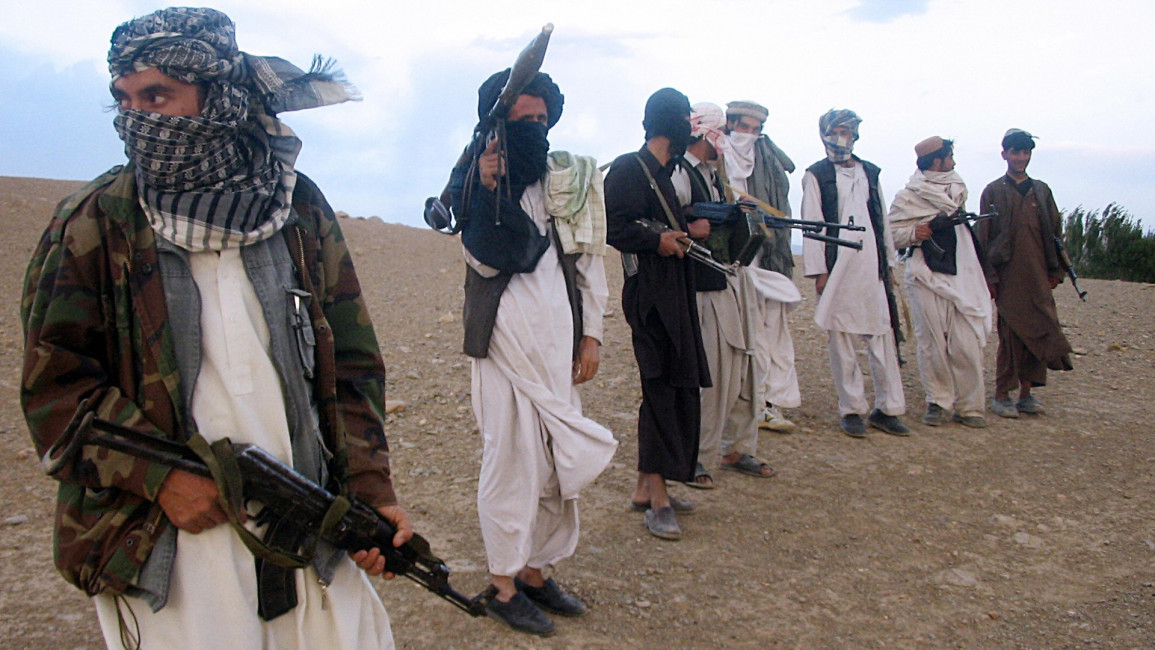Afghan councillor and women’s rights defender freed after abduction by Taliban
A female member of one of Afghanistan's provincial councils was kidnapped on Tuesday by the Taliban, however was released shortly after following mediation efforts.
The Taliban set up a checkpoint in the eastern Logar province, where they took Khost Provincial Council member and women's rights advocate Zahra Jalal, TV One reported.
She, along with her two bodyguards, were reportedly taken at noon from the Kabul-Logar highway.
Jalal is a member of the Network of Afghan Women in Urban Governance, and her kidnapping follows a disturbing trend of capturing members of government, according to human rights organisations.
Kafil Raihan, Chairman of Khost Provincial Council, told Ariana News on Wednesday that tribal elders had conducted mediation efforts to secure her release.
Kidnapping is a commonly used Taliban tactic to shut down dissent and destabilise the already fragile government.
Foreigners are also often targeted by the group. Advocates for Americans held hostage overseas are raising concerns that the US military withdrawal from Afghanistan will make it harder to bring home captives from the country, a report last month said.
Among the concerns raised in the report is that once American troops leave Afghanistan — a process the Biden administration has said will be completed by 11 September — "it will become more difficult to generate the intelligence needed to find Americans and conduct rescue operations for current hostages held in the area."
They include Mark Frerichs, a contractor from Lombard, Illinois, who vanished in January 2020 and is believed held by the Taliban-linked Haqqani network, and Paul Overby, an American writer who disappeared in Afghanistan in 2014.
"They also fear that the further reduction of U.S. physical presence in the country is an erosion of the leverage needed to make progress on resolving these cases," the report states.
This comes as the US, as well as European powers, withdraw troops from Afghanistan despite the burgeoning threat of the Taliban.
Afghan Women’s Rights Defender, Zahra Jalal, has been kidnapped by Taliban. Her forcible disappearance follows a spate of assassinations targeting #WHRDs & civil society leaders in Afghanistan by Taliban. #SupportWHRDs@Marylawlorhrds @UNSRCulture pic.twitter.com/TPJIh8s45T
— FEMENA (@FemenaNet) July 13, 2021
US and NATO forces began withdrawing from Afghanistan in early May, with most of the 2,500 US and 7,500 NATO troops who were in Afghanistan when US President Joe Biden detailed the final withdrawal in April having now gone.
The country is facing a crisis as the insurgents snap up territory across the countryside, stretching government forces and leading to a fresh wave of internally displaced families, complicated by a renewed outbreak of Covid-19.
The Taliban control more than one-third of Afghanistan’s 421 districts and district centres. The militant group claims it controls 85% of the districts, although it is widely seen as exaggerated.
Nearly 1,600 Afghan government troops fled across the border into Tajikistan over the last two weeks in a bid to escape the threat of an onslaught in clashes with the insurgents.



